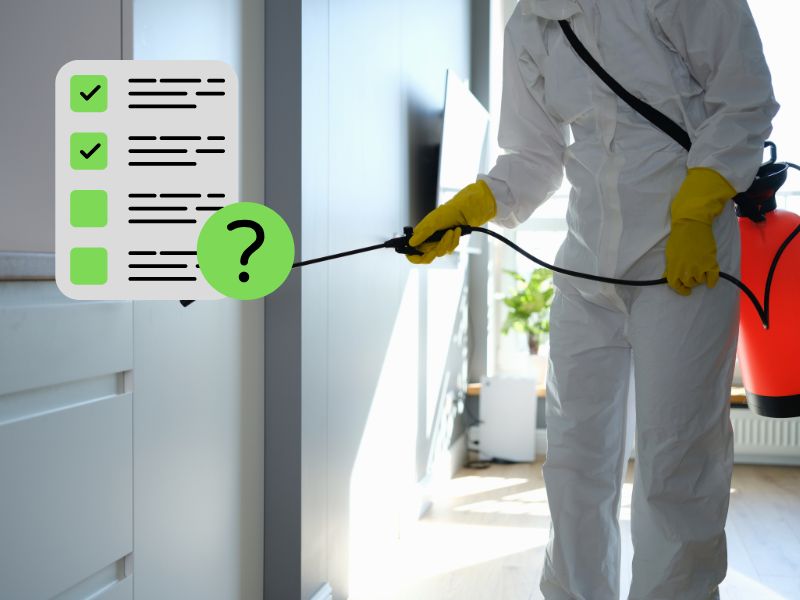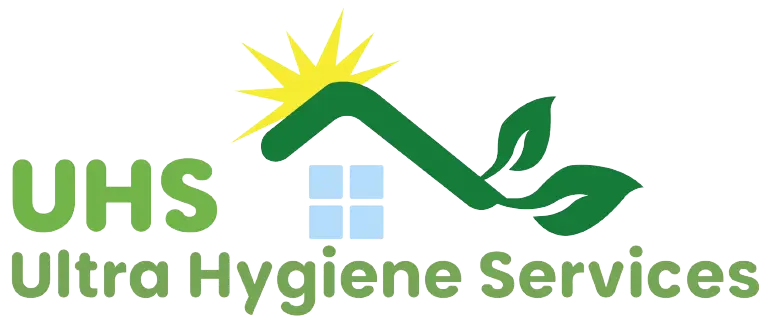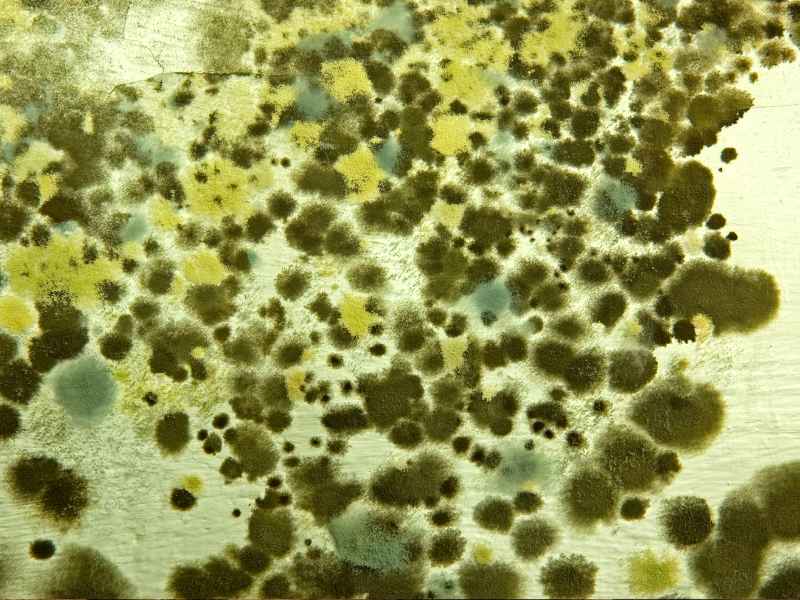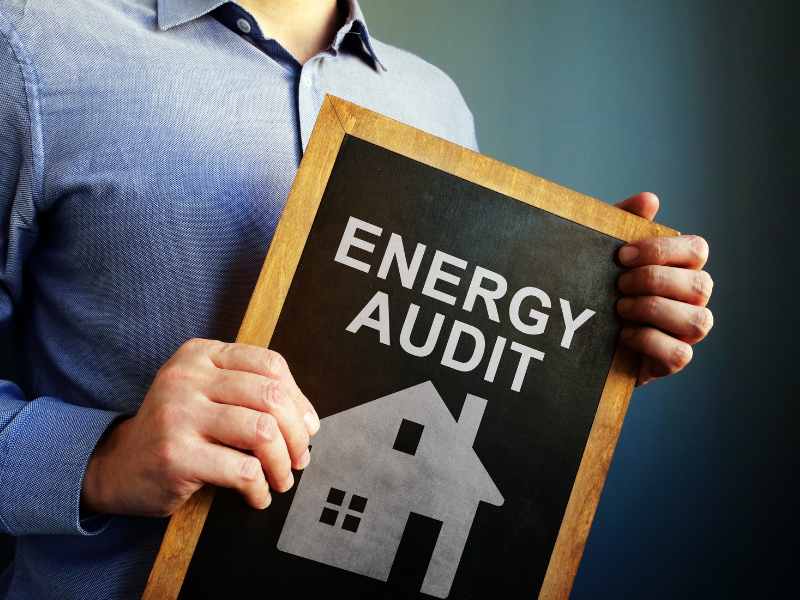Introduction
Why Does Florida Regulate Mold Remediation?
Mold poses significant health risks and can cause substantial property damage. In Florida, where humidity levels are high, mold growth is a prevalent issue. According to the Florida Department of Health, about 70% of Florida homes report some level of mold or dampness. This statistic highlights the importance of mold regulations that protect residents and maintain high standards in the remediation industry. These laws aim to ensure that only qualified professionals handle mold-related services, preserving health and safety standards.
Key Provisions of the Florida Mold Law
Licensing Requirements for Mold Assessors and Remediators
Florida law mandates that individuals and companies offering mold-related services must obtain proper licensing. According to Chapter 468, Part XVI of the Florida Statutes, a mold assessor is any person who performs or directly supervises a mold assessment, while a mold remediator is any person who performs mold remediation. Both roles require specific licenses to operate legally within the state.
The Florida Department of Business and Professional Regulation (DBPR) is responsible for issuing these licenses, ensuring that mold professionals meet specific training, experience, and insurance requirements.
Who Needs a License?
Licensing is required for anyone conducting mold inspections or remediation services for a fee. Some exemptions include:
- Residential property owners performing mold assessment or remediation on their own properties.
- Government employees performing mold-related services as part of their job duties.
It’s crucial to verify eligibility for these exemptions before proceeding without a license.
Penalties for Non-Compliance
Operating without the required license can result in severe penalties, including fines and potential legal action. The DBPR enforces these regulations to protect consumers from unqualified service providers. Violating Florida’s mold laws can lead to fines of up to $5,000 and, in some cases, suspension of professional licenses.

Property Owners’ Responsibilities Under Florida Mold Law
Legal Obligations to Tenants and Buyers
Preventative Measures for Property Owners
Reporting Mold and Handling Complaints
Insurance and Mold Damage in Florida
Does Homeowners Insurance Cover Mold?
Filing a Mold Insurance Claim
Health Implications of Mold Exposure in Florida
Common Health Risks from Mold Exposure
Legal Recourse for Health Issues
Best Practices for Mold Prevention in Florida
- Keep Indoor Humidity Levels Below 60%: High humidity encourages mold growth. Consider using dehumidifiers to control humidity indoors.
- Ensure Proper Ventilation: Bathrooms, kitchens, and laundry areas should have adequate ventilation to prevent moisture buildup.
- Repair Leaks Immediately: Promptly fixing leaks in roofs, walls, or plumbing can prevent mold from taking hold.
- Clean and Dry Damp Materials: Wet materials should be cleaned and dried within 24-48 hours to prevent mold growth.
Choosing a Qualified Mold Inspector in Florida
What to Look for in a Mold Professional
Questions to Ask Your Mold Inspector

- Are you licensed by the state of Florida?
- What is your experience with mold in humid climates like Florida?
- Can you provide references from previous clients?
- What is your assessment and remediation process?
- Do you carry liability insurance?
Conclusion
Here are some helpful resources and links related to Florida mold law, licensing, health risks, and best practices:
- Florida Department of Business and Professional Regulation (DBPR)
DBPR Mold-Related Services Licensing
Find information on licensing requirements, application forms, and verification for mold assessors and remediators in Florida. - Florida Department of Health – Mold and Indoor Air Quality
Florida Health – Mold Information
This page provides health-related guidance on mold, including mold prevention tips, health effects, and remediation practices for homeowners. - Florida Statutes on Mold-Related Services
Florida Statutes Chapter 468, Part XVI
The official legal text on Florida’s mold-related services, outlining the definitions, licensing, and penalties associated with mold assessment and remediation. - Centers for Disease Control and Prevention (CDC)
CDC – Mold and Health
Information from the CDC on mold health risks, types of mold, and recommendations for prevention and cleanup. - Environmental Protection Agency (EPA) – Mold Resources
EPA Mold Guide
Offers general guidelines on mold prevention and remediation, along with tips for identifying mold and reducing exposure indoors. - Nolo – Florida Mold Law for Tenants
Nolo’s Guide for Florida Tenants on Mold
A tenant-focused guide to Florida laws on mold, covering tenants’ rights and landlord responsibilities.
These links provide official and authoritative resources for understanding Florida’s mold laws, health implications, and best practices for homeowners, renters, and professionals.






